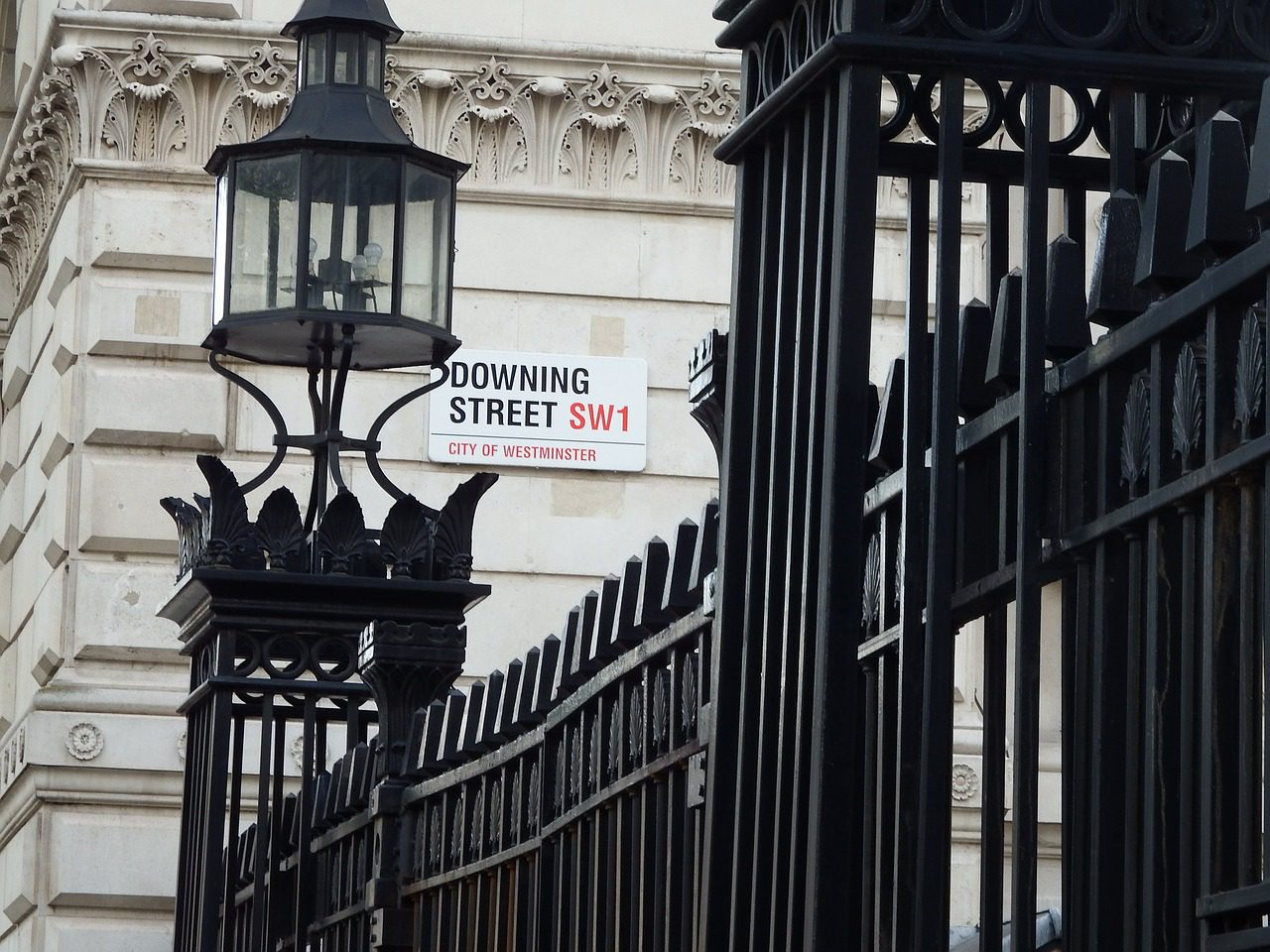Chancellor Rishi Sunak has pledged a six-month plan to support UK citizens, businesses and the economy. Here’s how it could affect the UK housing market.
The government has introduced a raft of new measures in response to the threat of a coronavirus second wave. This includes support for workers and employers, and tax cuts and deferrals. They are also increasing flexibility on loan repayments, and investing more in public services.
Inevitably, a number of industries such as hospitality, travel and leisure could find the next few months difficult. Rishi Sunak has confirmed that the government will continue to review its support measures as the situation progresses.
The housing industry is also receiving support from the government. The stamp duty holiday will help thousands of buyers until late March 2021, for example. Further to this, mortgage payment holidays have also offered respite to property owners.
Supporting employment will help UK housing market
The sector will also be hugely supported by some of the recent measures the Chancellor is bringing in. Keeping unemployment levels low and increasing job security will be good news for those looking to buy, invest and move house.
From 1st November, the Job Support Scheme will replace the current furlough scheme. Employees will need to work a minimum of 33% of their usual hours. Their employer and the government will then each pay the remaining two-thirds of their salary. For those who are self-employed, the government is extending the self-employment income support scheme grant, too.
Karen Noye of financial firm Quilter says: “Mortgage lenders are cautious about lending to people at risk of job losses, and anyone that is made redundant will struggle to obtain a mortgage.
“So the Chancellor’s pledge to subsidise up to two thirds of a wage packet for another six months is good news for home buyers and sellers, even if they aren’t directly involved in the scheme themselves.”
On a more direct level, the Job Support Scheme will help those working in the housing industry. Estate agents and letting agents, conveyancers, surveyors and mortgage professionals can all take advantage. This will help keep the housing market moving through the winter months.
More help for landlords
For tenants in the private rented sector, the extension of measures by the government will also prove beneficial. Some tenants in the UK have asked landlords for payment breaks or lower rents during the crisis. Adding more financial and job security will bring more certainty to the lives of private renters.
Many believe the new measures will help prevent a ‘cliff-edge’ situation when the furlough scheme ends.
Chris Norris of the National Residential Landlords Association (NRLA), welcomes the new wage subsidies. He believes they should help prevent tenants from missing rent payments, which in turn will help landlords.
He adds: “That said our research still shows that private landlords across England have faced rental loses of up to £437m as a result of COVID-19.”
“It is vital that the government now follows the example set in Wales and Scotland and develops interest-free, government guaranteed hardship loans to help tenants pay off rent arrears built as a result of the pandemic. We cannot expect them, or landlords, the vast majority of whom are individuals without the means to absorb significant losses, to continue to struggle without support.”










